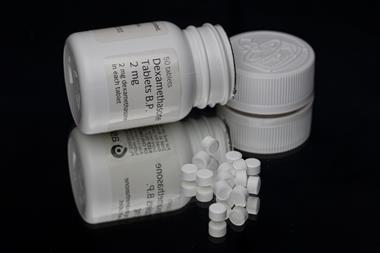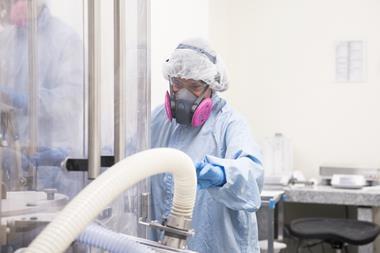We finally have some good news on the drug front in the fight against Covid-19. A corticosteroid that’s been in use for over 60 years can give those seriously ill with the disease an increased chance of survival. It’s no panacea, but when it can save one life for every eight Covid-19 patients who end up on a ventilator then that’s real progress. Particularly as the world has just passed 9 million confirmed cases.
This news has been hailed as a ‘major breakthrough’ for treating the disease. It’s not clear yet precisely how dexamethasone helps Covid-19 patients, but it’s thought that it dampens down the inflammatory response and stops some of the damage that the body can inflict upon itself as it fights the virus. Consequently, the UK started using this cheap drug in serious Covid-19 cases the day the announcement was made.
The preliminary trial results came out as a brief press release only, however. The researchers’ decision to get the top line results out fast is, of course, understandable as many lives could be saved by this treatment. But this did leave some in the scientific and medical community calling for the full trial results as soon as possible – scrutiny by independent scientists is essential to ensure that that the claims hold up. Lives depend on it.
Most researchers take a rather dim view of ‘science by press release’, as it has become known. Biotech firm Moderna got pulled up for this earlier this year after announcing positive early clinical trial results for its Covid-19 RNA vaccine in a press release without any accompanying data. Fortunately, the team at the UK’s Recovery trial – which has been investigating repurposing a number of different drugs to fight Covid-19 including dexamethasone, and is run by the University of Oxford – published the results in a preprint – which is awaiting peer review – less than a week later.
As we’ve noted before the breakneck speed that pandemic research is proceeding at offers great benefits and potentially serious risks. Researchers are treading a fine line. Waiting for the peer review–publish process to conclude means lives that could have been saved might be lost. But equally a poorly assessed therapy that is rushed out could cost lives too. While the press release lacked the finer details, the team clearly felt that the potential benefits were too big to ignore during a pandemic. Their rapid write-up of the trial, and making the results open to all, is to be commended – this is the way to do science when the stakes are so high.

















No comments yet